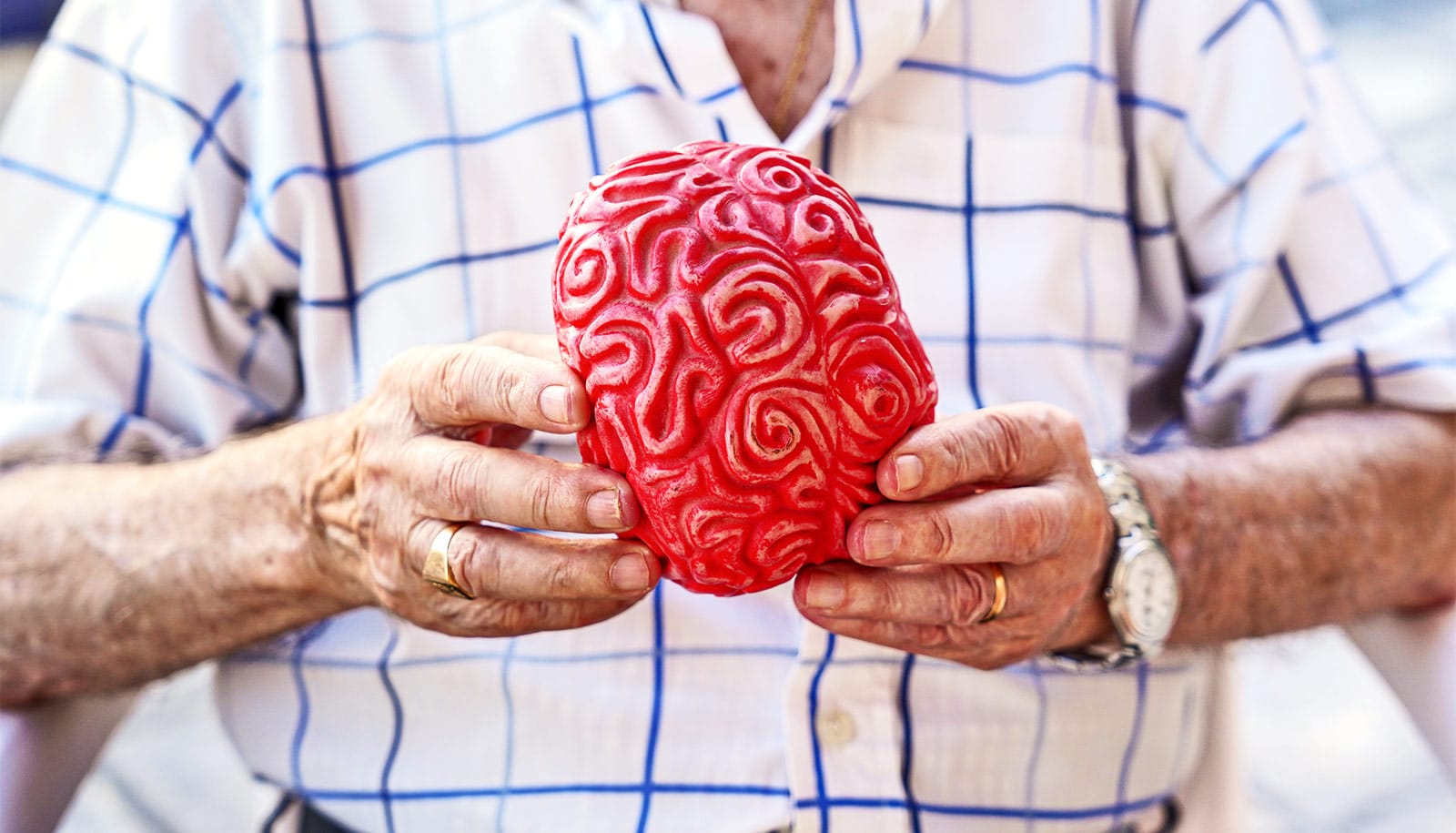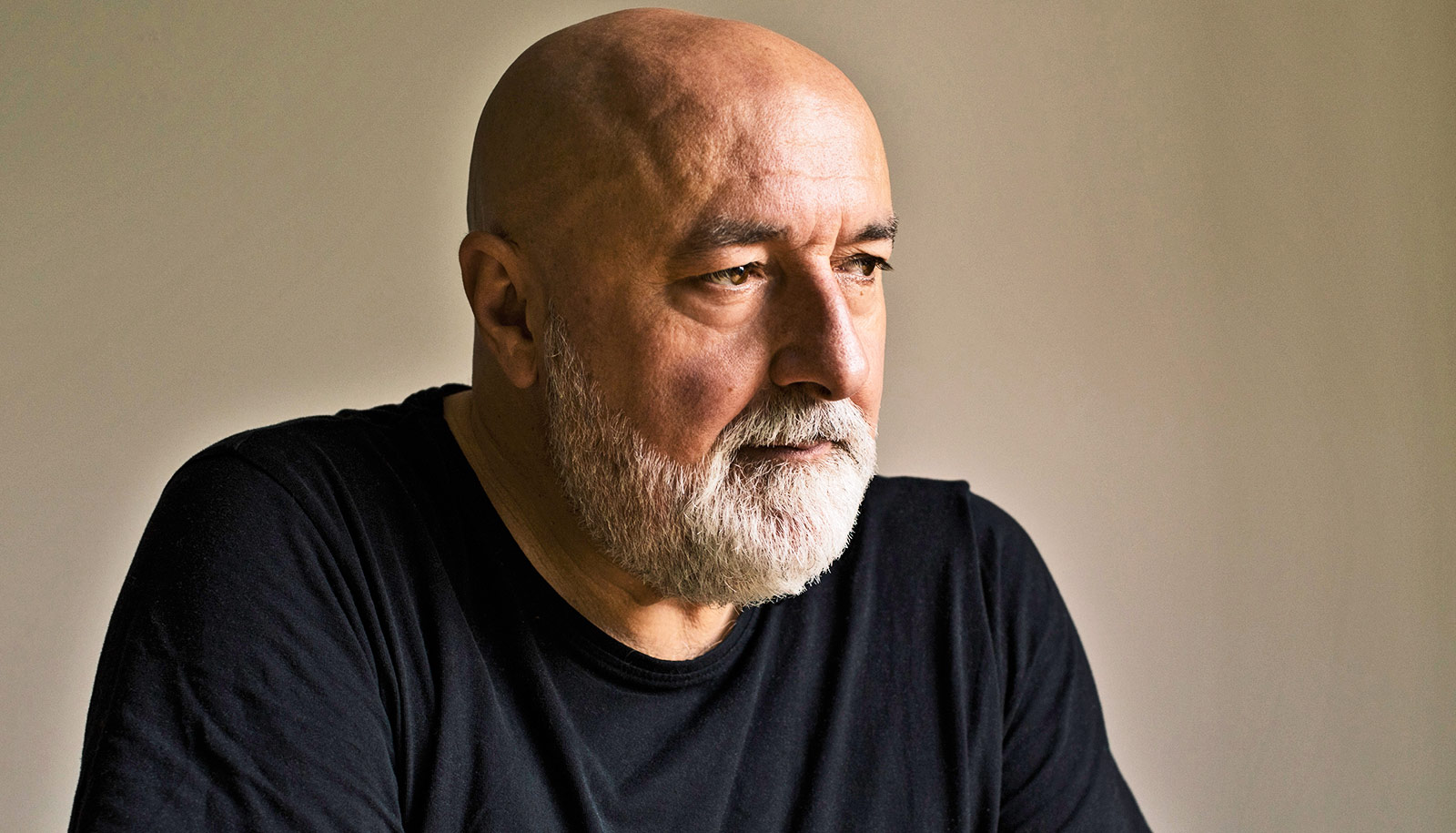Scientists have developed a new way to reduce inflammation in the brain, a discovery that could help fight diseases such as Alzheimer’s and Parkinson’s.
The team created “AstroCapsules,” small hydrogel capsules that enclose human astrocytes—star-shaped brain cells that support healthy nervous system function. Inside the capsules, the cells were engineered to release interleukin-1 receptor antagonist, an anti-inflammatory protein.
Tests in human brain organoids and mouse models showed the treatment lowered neuroinflammation and resisted immune rejection.
Rice University bioengineer Omid Veiseh, whose lab studies how to design biomaterials that work with the immune system, is co-corresponding author on the paper published in Biomaterials.
“Encapsulating cells in a way that shields them from immune attack has been a central challenge in the field,” says Veiseh, professor of bioengineering at Rice, Cancer Prevention and Research Institute of Texas Scholar and director of the Rice Biotech Launch Pad.
“In our lab, we have been working on biomaterials for many years, and this project was an opportunity to draw from that experience to address the uniquely complex immune environment of the brain. Our hope is that this work will help move cell therapies closer to becoming real treatment options for patients with neurodegenerative disease.”
The study was co-led by Robert Krencik, an associate professor in the Center for Neuroregeneration and neurosurgery department at the Houston Methodist Research Institute. Krencik says the system “solves several current problems with cell-based therapeutics to the nervous system.”
“Because the capsules will form a physical barrier between the implanted astrocytes and brain tissue, cells are expected to locally secrete anti-inflammatory proteins while avoiding immune rejection and unwanted migration throughout the brain,” Krencik says. “This will increase stability of the treatment while reducing side effects.”
Additional coauthors are from Rice and Houston Methodist.
Source: Rice University



